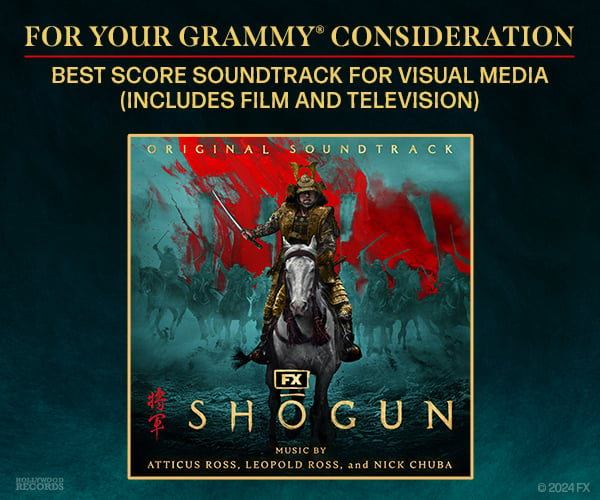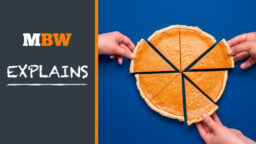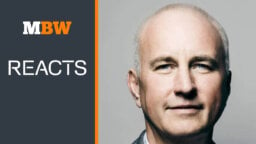What’s happened?
Two recent acquisitions in the indie artist sector paint a picture of a new alignment that’s emerging in the music business.
Music distribution service DistroKid announced in mid-September that it had acquired artist services platform Bandzoogle.
A week later, news broke that Songtradr – which describes itself as “the world’s largest B2B music licensing marketplace” – had acquired Bandcamp, the direct-to-fan platform for music artists, from Epic Games.
At first glance, these two acquisitions may look unconnected.
Yet in their own ways, they both highlight a new trend that is rapidly emerging: Platforms that have previously, indiscriminately, worked with DIY artists are now honing their abilities to specifically service ‘middle class’ artists – offering these acts the tools to accelerate their careers and better monetize their fanbases.
By ‘middle-class’ artists, we are really referring to what Spotify refers to as “professional or professionally aspiring” artists – i.e. the sub-section of 200,000 artists out there who make up just 2.2% of the 9 million acts on streaming services today… but who generate 95% of the royalties paid out.

What’s the context?
With the above in mind, let’s take a look first at DistroKid/Bandzoogle.
San Francisco-headquartered DistroKid says that more than 2 million artists have relied on its distribution and services offerings to date, among them rappers Ludacris and 21 Savage, as well as Dweezil Zappa and Megan Davies.
Judging by the ratios suggested by Spotify’s math (i.e. 2.2% of all artists), just 40,000 artists out of the 2 million that have gone through DistroKid in the past would be considered ‘professionally aspiring’. And it’s this more specialist, non-hobbyist audience that Bandzoogle was created to serve.
Bandzoogle is a Montreal-headquartered artists’ services platform that offers marketing tools for musicians, such as website development, music promotion, and a platform for and a direct-to-fan sales platform. Since launching in 2003, it has amassed some USD $100 million in sales, more than half of that over the past five years.
In the case of the Songtradr/Bandcamp tie-up, something similar is playing out.
To date, Songtradr has largely focused on business-to-business licensing of music; acquiring Oakland-headquartered Bandcamp gives it a foot in the door of direct-to-consumer sales as well.
The 5 million artists on Bandcamp already receive access to services such as ticketed live-streaming, vinyl presses of their works and, of course, use of an online store; with the Songtradr acquisition, they’ll have direct access to a B2B music licensing business as well.
Interestingly, both the DistroKid/Bandzoogle and Songtradr/Bandcamp acquisitions come shortly after another potentially relevant development – the announcement of Universal Music Group and Deezer‘s new ‘artist-centric’ royalty model, which launches in France this month.
Under this plan, “professional artists” with at least 1,000 streams per month and a minimum of 500 unique listeners on Deezer will receive a so-called “double boost” to their royalty payments. (Deezer will also offer a “double boost” to those artists whose music was actively searched for by listeners.)
Those who will be financially punished under this system? Hobbyists and/or ‘non-professionally aspiring’ artists.
According to the Financial Times, UMG and Deezer expect payments to ‘professional’ artists to increase by 10% under Deezer’s new artist-centric model.
The acquisitions of both Bandzoogle and Bandcamp could suggest that the two companies respective new owners can only see this financial favoring of ‘professional’ artists gaining traction in the years ahead.
What happens next?
One thing that’s definitely influenced the acquisitions of Bandzoogle and Bandcamp is the growing revenues we’re seeing flowing through the ‘direct-to-consumer’ space in music – especially in the world of ‘middle class’ artists with sizeable, but hardly blockbuster, fanbases.
To be fair, the idea of commercializing a direct-to-consumer approach for independent artists has been around for some time: anyone remember YouTube buying artist services startup BandPage back in 2016?
That effort to bring musicians fan-monetizing tools to YouTube via BandPage doesn’t seem to have gotten very far; YouTube ended up shutting down much of BandPage’s functionality over time.
Yet it may have simply been an idea that was ahead of its time, as recent data suggests that the D2C market is now on a major upswing.
A FINAL THOUGHT…
Much has been made lately about the potential of “superfans” to music companies.
According to market research firm Luminate’s 2023 mid-year report, about 15% of US music fans are “superfans” – which the report defines as music listeners aged 13 and up who engage with artists and their music in multiple ways, including through social media, by attending live shows, and purchasing physical music or merch.
Luminate’s report estimated that these superfans spend 80% more on music each month compared to the average US-based music listener.
“Now more than ever, fans hold the power of influence — shaping the ways their favorite artists make, market and release music.”
Luminate
Meanwhile, in its latest Music in the Air report, Goldman Sachs estimated that if 20% of music fans could be categorized as “superfans,” and each were willing to spend double what a non-superfan spends on digital music each year, this would imply a $4.2-billion currently untapped annual revenue opportunity for the recorded music business.


But what if the real opportunity to monetize ‘superfans’ actually already rests with the burgeoning D2C market?
The same Luminate report showed D2C taking a larger share of music revenues in H1 2023, with overall D2C sales up 20% YoY, and D2C vinyl sales up over 25% YoY.
“This stat only highlights the ever-increasing power of the super fan,” Luminate said in its report.
“Now more than ever, fans hold the power of influence — shaping the ways their favorite artists make, market and release music.”
If that is indeed the case, then DistroKid’s acquisition of Bandzoogle and Songtradr’s acquisition of Bandcamp could indeed be smart moves, building on D2C’s potential – at a time when it looks poised to become bigger than ever.






